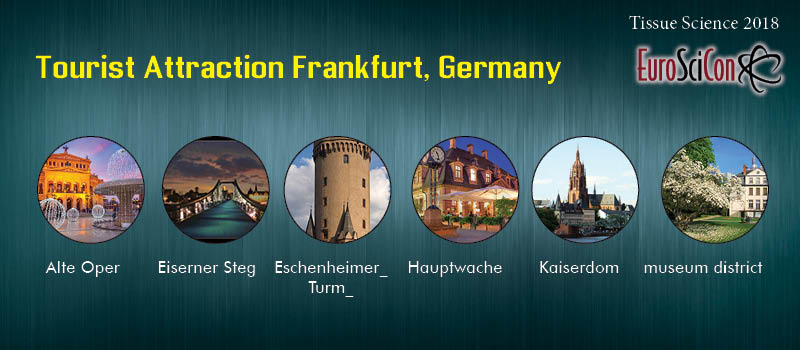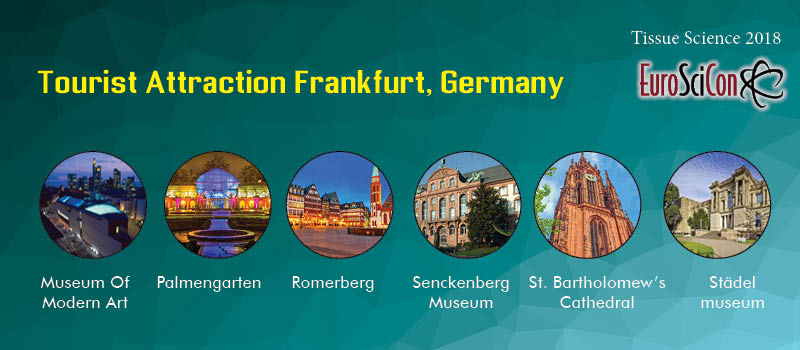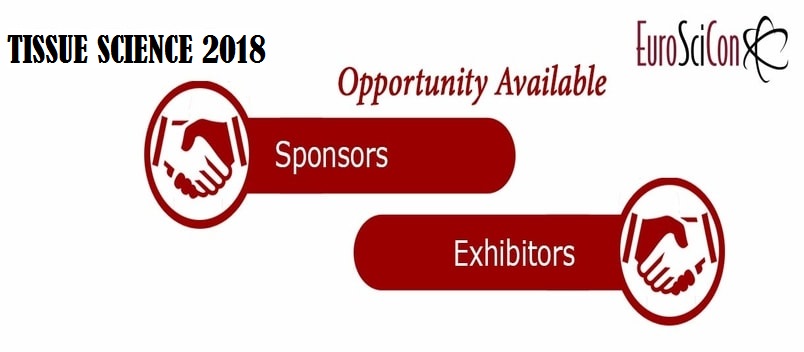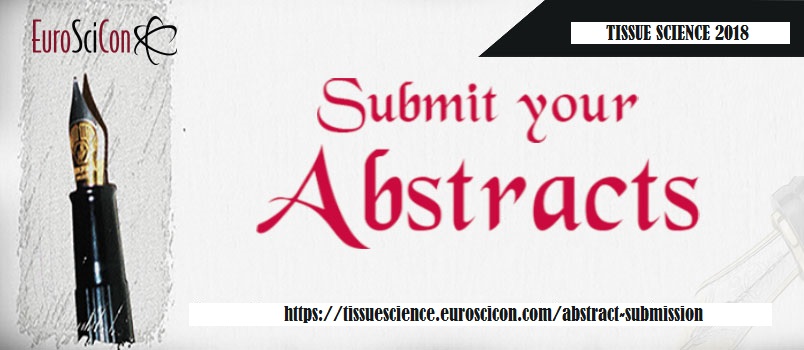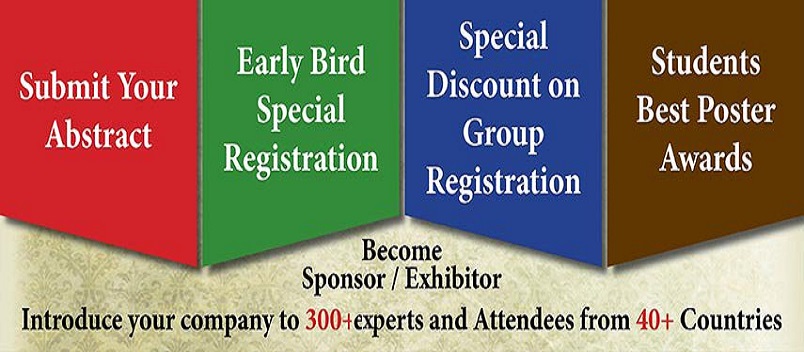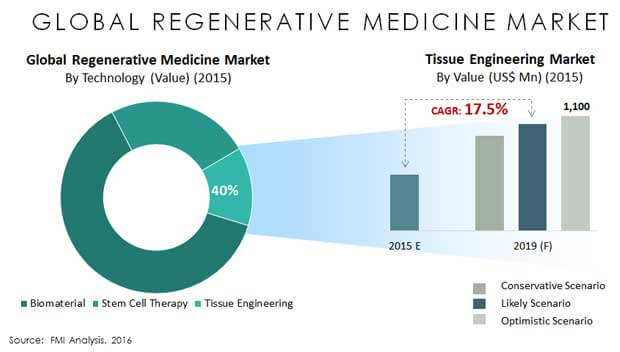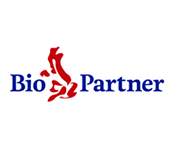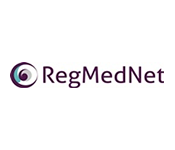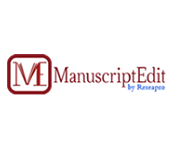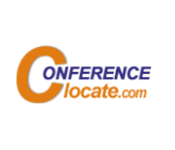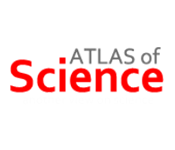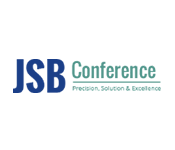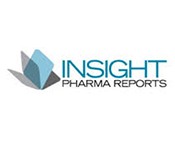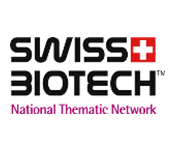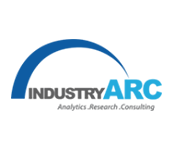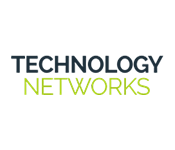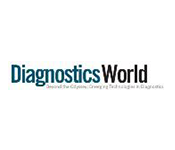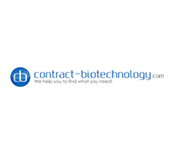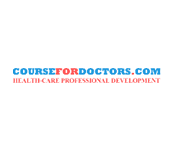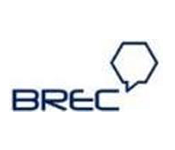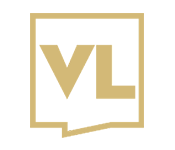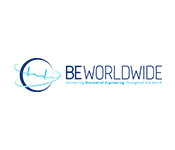Tissue Science 2018
ABOUT THE CONFERENCE
EUROSCICON Ltd welcomes you to the 12th Edition of International Conference on Tissue Engineering and Regenerative Medicine. It’s an exciting time for Tissue Engineering and Regenerative Medicine as we continue in evaluating the novel techniques and innovate a new modality in it. Tissue Science 2018 confronting bioengineering revolution in Medicinal field by gathering of renowned academia, business experts and young researchers in this field.
Euroscicon Ltd is the longest running independent life science events company with a predominantly academic client base. Our multiprofessional and multispeciality approach creates a unique experience that cannot be found with a specialist society or commercially.Euroscicon Organizing in the way we operate to continuously improve our ability to unleash valuable recent research work in this field. In addition to immense networking opportunities, global prominence of the research and the researcher is what we bestow our Speakers and Committee Members for better outreach of Research work.
With over accessing market of Tissue Engineering and Regenerative Medicine, Tissue Science 2018 is the most lucrative platform for Tissue science Students, faculty and researchers, Cell and Gene Therapy physicians, Regenerative medicine physicians, Regenerative medicine Associations and Societies, Stem Cell Associations and Societies, Allied health professionals in the fields of Biomedical Engineering, Bioinformatics, haematology, oncology, neurology, Rehabilitation and internal medicine, Training Institutes, Business Entrepreneurs pursuing their work in the field and related.
Tissue Science 2018 welcomes you all to stay engaged, proactive and help us to shape the future of Tissue Engineering and Regenerative Medicine.
SESSIONS/TRACKS
Track-1 Tissue Engineering:
Tissue engineering has also been defined as understanding the underlying principles of tissue and its growth followed by application to produce functional replacement of defective tissue for clinical use. It is based on the combination of cells, engineering materials and suitable biochemical factors in order to improve, restore, regenerate or replace biological functions in an effort to improve the clinical procedures for effective repair of damaged tissues and organs. It is an interdisciplinary field which applies the engineering principles and science concepts toward the development of biological substitutes which can restore, maintain, or improve physiological characteristics of organ.
Track-2 Regenerative Medicine :
Regenerative medicine employs the following three strategies for better outcomes. They are human body inherent regenerative capacities induced in vivo through the application of growth factors or progenitor cells such as stem cells; Tissue engineering or complex structures fabricated in vitro with cells and custom-made scaffolds to promote tissue regenerate in implant ; Recolonizing donated or decellularized molecular structures with patient-derived stem cells and implanting them in the patient. Regenerative medicine encompasses the process of creating living, functional tissues in order to repair or restore or replace tissue and organ function lost due to various causes such as agedness, disease, damage, or congenital defects.
Track-3 Regenerative Treatment Model:
Regenerative medicine is the translational research deals with the process of replacing, re- engineering, regenerating or restoring human cells, tissues or organs in order to regain normal functionality of cell and it is the combination of tissue engineering, molecular biology, genetics, biomedical engineering and genetic engineering. The method includes discovery of potential stem or progenitor cell in vitro protocols for isolating, expanding and priming those cells in order to facilitate their massive propagation into the required type of precursor cell ; Discovery of biogenic factors or compounds which has probability to affect stem/progenitor cells which may encourage reactive cell genesis, survival, selected differentiation of cells and restoration of system movement and effects in other related disorders; Establishment of the best models of human disease and injury in order to perform Clinical trials for testing new regenerative medicine therapeutics.
Track-4 Soft Tissue Replacement:
Soft tissue implants applications involve engineering principles, the performance of an implanted device inside the host which mainly depends upon both the type of materials used and the fabricated design of the device or implant. The initial selection of material should be based on sound materials engineering practice as well as requirements. The final material Selection judgment on the suitability of a material depends upon in-vivo clinical performance observation of the implant for specific time duration. The requirement of in-vivo observation represents major problems in the selection of appropriate materials for use inside human body, the performance of an implant which may depend on the fabrication design rather than the materials, skill of the surgeons and the prior condition of patients.
Track-5 Cell Therapy:
Gene therapy and cell therapy are interrelated biomedical research with the effects of repairing genetic diseases direct cause in the DNA or cellular population. These powerful strategies are also being noticed on specific genes and cell sub-populations modulation in acquired diseases in order to reestablish the normal equilibrium condition of cell. In many rare chronic diseases, gene and cell therapy are combined in the development of promising therapies in promoting better life. Cell and gene therapy provide reagents, concepts, and techniques that are elucidating the accurate points of gene regulation, stem cell lineage, cell-cell interactions, feedback loops, cell line development, amplification loops, regenerative capacity, and remodeling of tissue. Cell therapy or cytotherapy in which intact living cellular material is injected into a host body and it is mediated by five primary mechanisms: providing an anti-inflammatory effect, endothelial progenitor cells homing for necessary tissue growth, enhancing tissue remodeling over scar formation, inhibiting apoptosis programmable cell death or necrosis and differentiating tissues into specialized tissue.
Track-6 Stem Cell Bioprocessing :
Bioprocess Technology process living matter specific optimal conditions to make a required product. Stem-cell bioprocessing is the use of stem cells to treat or prevent a disease or condition in order to preserve the cell functionality. Bone marrow transplant is the most preferably used stem-cell therapy. The major or fundamental drawback is the lack of real-time, on-line, in-situ, quantitative information with respect to cellular behavior in tissue culture. Therefore the control, optimization and scale-up of stem cell bioprocesses are essentially empirical, which results in inadequate cell expansion and decreased product quality with inconsistent cell phenotypes. To harness the immense potential of stem cells (SCS) in terms of their plasticity ,replication and expansion capabilities, the physiological activity in relation to the environmental culture parameters such as pH, dissolved oxygen, nutrients/metabolite concentrations and growth factor concentrations needs to be observed quantitatively with the needed level of accuracy and subsequently evaluated in a biologically manner. The systematic development of clinically relevant culture systems and methodologies control and regulate stem cell self-renewal, expansion, differentiation, and death.
Track-7 Immunomodulation Therapy :
Immunomodulatory therapy promotes modulation in immune system of host which has three types of immunomodulatory therapy strategies. It involve the usage of immunosuppressant drugs to reduce the impact of the immune system natural action or the use of immunostimulant drugs to increase immune system response and the use of tolerogens which condition the immune system based on requirement in order to tolerate tissue changes such as transplanted organs. Each category of treatments is designated for specific immune system problems. Immunosuppressant drugs and tolerogens are used for the purpose of controlling immune system response such as treating autoimmune diseases like multiple sclerosis (MS) and organ transplants. Immunostimulant drugs are utilized to enhance the immune system response in cases where immune system is weakened, such as with cancer, AIDS, and other life-threatening infections or diseases.
Track-8 Regenerative Rehabilitation:
Regenerative Rehabilitation is the combination of rehabilitation medicine and regenerative medicine with the ultimate goal of developing innovative and effective treatment methods in order to promote functional restoration using the principles, techniques and approaches through tissue regeneration and tissue repair. It allows restoration of injured, diseased, defective or degenerated tissues to a more functional state or normal state. These therapies has application in the field of Physical Therapy to improve an individual's functional capacity, which is often limited by persistent deficits due scar tissue deposition, reduced muscle mass, muscle fatigue, immobilization or loss of innervation. The major goal of regenerative rehabilitation is to restore normal functionality of degenerated tissue by means of combined cell, pharmacological, and bioengineering technologies along with physical modalities and exercise to improve therapeutics.
Track-9 Anti-Aging Medicine:
Anti-aging Medicine is used to reshape, redefine and restructuring the face of medicine. It is based on the advancement of tools, technology, operating principles and transformations in healthcare that can detect, treat, and prevent diseases associated with aging. It further promotes the research practices and underlying protocols that have the potential to optimize the human aging process and its specific criteria. Anti-aging medicine is a clinical specialty based on advanced biomedical technologies and scientific research application mainly focused on the early detection of causes, prevention of occurrence , treatment of aging-related disease ,reversal of age-related dysfunction, disorders and diseases which is based on principles of sound and responsible medical care that are consistent with those innovative science and research applied in other preventive health specialties to prolong the healthy lifespan of tissues in humans.
Track-10 Biomedicine :
Biomedicine has been a dynamic model to explain about health, illness and their compliance with the system which is based on the application of the principles of the natural sciences and especially biology and biochemistry. Proponents of biomedicine suggest that it stands with many fantastic accomplishments: the reduction of high mortality rates and the eradication of some of the major diseases. With the rise of biomedicine, greater knowledge about the causes of infectious diseases is educated to all regions. Bio-medicine is a division of medical science that involves application of environmental and biological science principles to various clinical practices. Biomedicine deals with the application of the biological sciences, especially biochemistry, molecular biology and genetics to understand about the disease, treatment and prevention of disease.
Track-11 Biomedical Engineering Techniques:
Biomedical engineering is the application of engineering principles in designing techniques and technology to medicine and biology for healthcare purposes. This field link the gap between engineering and medicine, combining the design and problem solving skills of engineering with medical and biological sciences to advance health care treatment, including diagnosis, monitoring, and therapeutics. The field transitions from being an interdisciplinary specialization among already-established fields enhance the impact of health care. Biomedical techniques on tissue science and regenerative medicine are computer modeling, Tissue Mechanics, Biopatterning technology, Bio-inspired computing to promote tissue regeneration.
Track-12 Biomaterials:
The major application of biomaterials is to create artificial organs using biological materials for patients that need organ transplants. Biomedical engineers are currently researching methods of creating such organs with blood compatibility, biocompatibility, reduced toxicity and no localized tissue response to the implant. Biomaterials is a term used to indicate materials such as metals, polymers and ceramics that constitute parts of medical implants, extracorporeal devices and medical disposables which has inherent potential to regenerate the damaged tissues.
Track-13 Artificial Organ:
Artificial organs are made up of biological material or synthetic materials based on requirement and localized response of material with tissue. The surface of implants which is in contact with the body tissue made of a biomedical material or biomaterials such as titanium, silicone or apatite depending on what is the most functional and biocompatible. In some medical cases, implants contain electronics, e.g. artificial pacemakers for heart substitutes and cochlear implants for ear substitute. The implants are bioactive, such as subcutaneous drug delivery devices in the form of implantable pills or drug-eluting stents in order to induce the function.Bioartificial organs are also a focus area in research ith major application, such as with hepatic assist devices that use liver cells within an artificial bioreactor construct.
Track-14 Applications of Tissue Engineering:
Tissue engineering is emerging as a vibrant industry with a huge potential market includes genetic, biotechnology, cell and gene therapy market. Applications based on the biomaterials, scaffolds, artificial organs, and differentiating cells combined to create a tissue engineering product address significant medical needs, such as major tissue and organ damage or failure and help to renew or restore the functionality of organ. The major application of tissue engineering is found to be biobanking, treatment against rare and common diseases.
Track-15 Ethical Challenge and Clinical Issues:
The moral implications of enhancement tissue science and regenerative medicine technologies may also alter our perception of the life cycle and of bodily integrity, if the person’s body can be reconstituted and rejuvenated using living material derived from various people, making the person into a hybrid. The aim and mode of their action varies, presenting unique challenges regarding their production, the design and conduct of clinical trials, and their introduction in therapy. The major restraint are clinical trials require that researchers are not sure about the effect of new treatments compare to existing interventions and that the participants consent to treatments. The small understanding about the syntax of tissue regeneration and consequently of short- and long-term effects, risks, and benefits which challenges us to define criteria for the conduct of trials and for achieving genuine informed consent.

